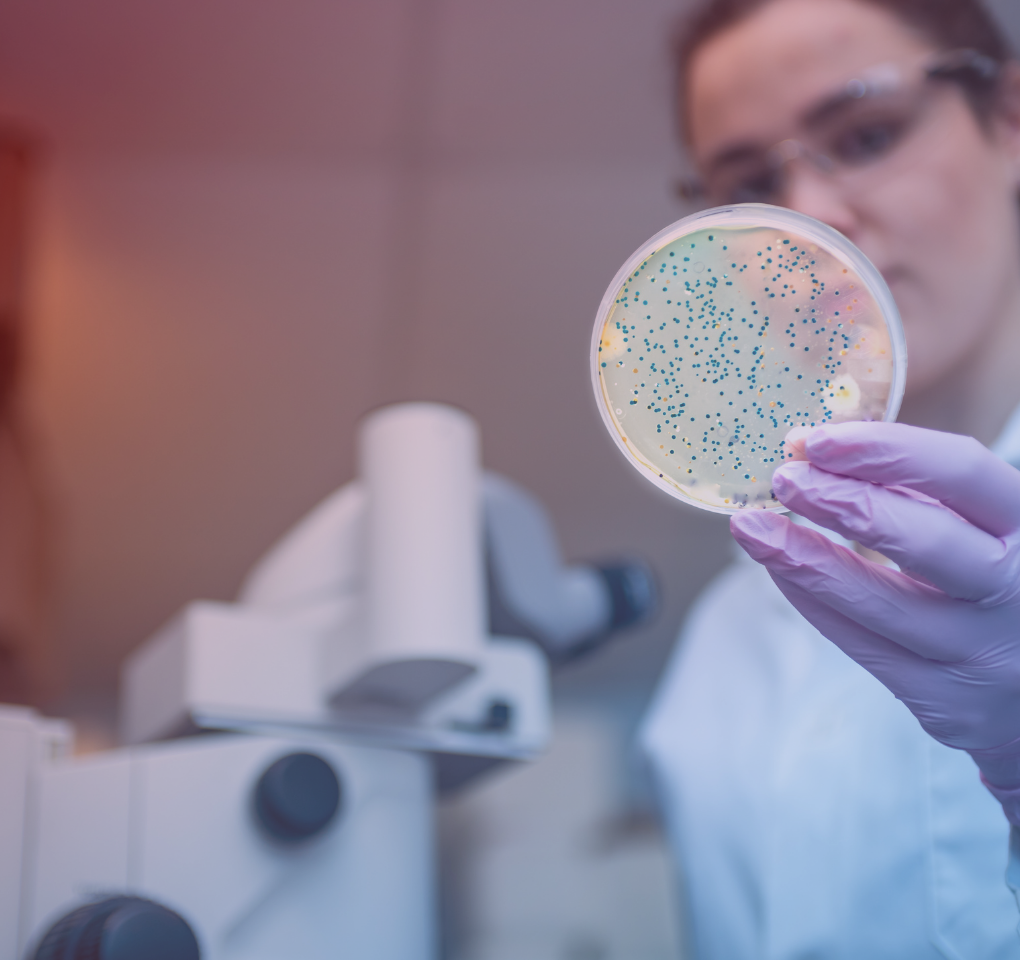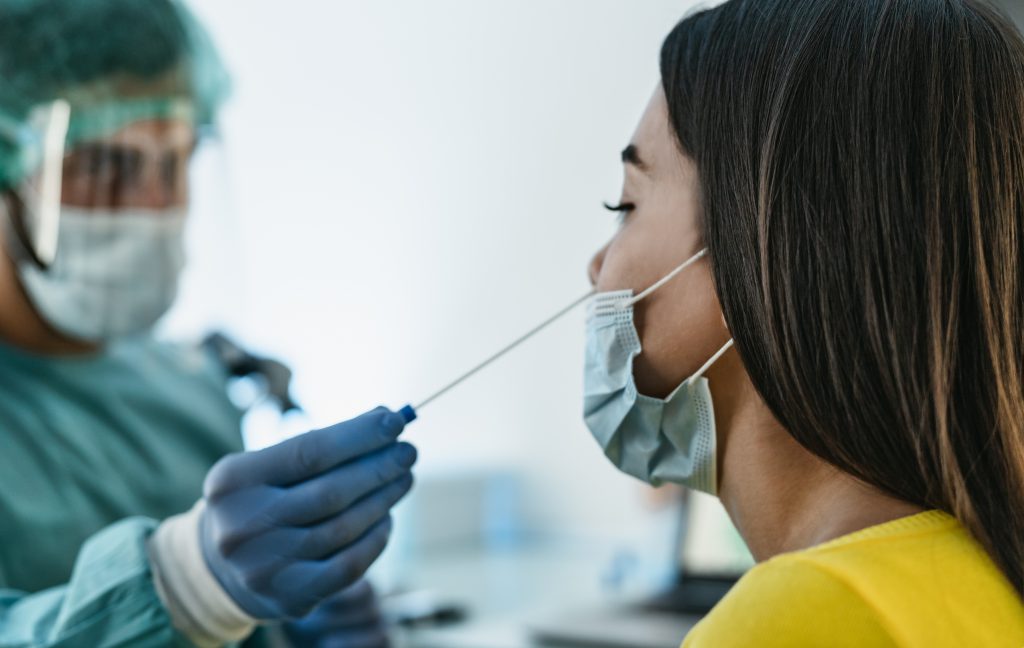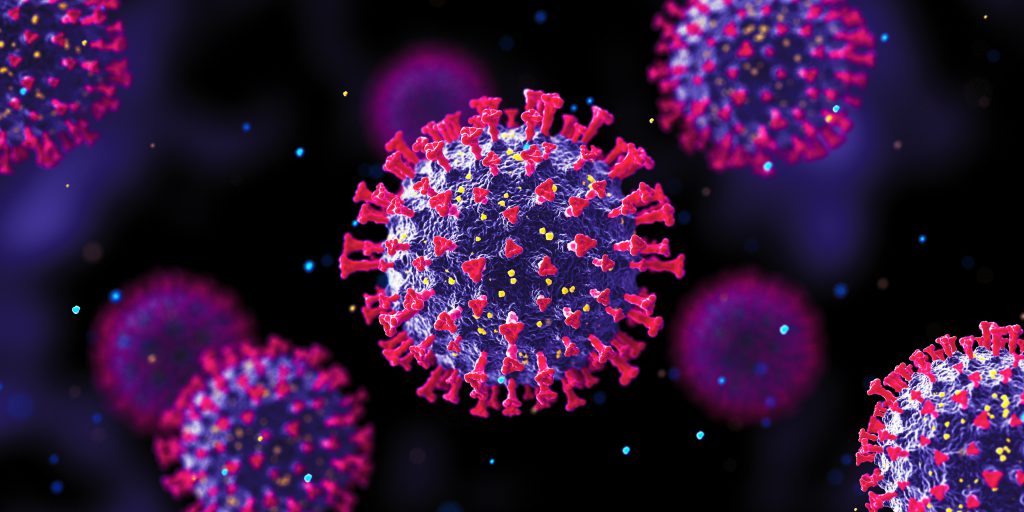COVID-19: how is the economy affected by the pandemic? And what can we expect from the vaccinations in that context?
15 February 2021
The COVID-19 pandemic not only challenges our everyday routines, but also the overall economy. We spoke about this topic with Prof. Conchita d’Ambrosio from the Department of Behavioural and Cognitive Sciences and Prof. Christos Koulovatianos, working at the Department of Finance. How is the economy affected by the pandemic – and what can we expect from the COVID-19 vaccinations in that context?
This article was originally published by the University of Luxembourg

How can one assess the impact of the COVID-19 pandemic on the economy?
COVID-19 has changed our lives. To evaluate the complex interactions that take place in society, economists use mathematical equations that model what we observe. Economists reacted to the pandemic by combining epidemiological models, also called SIR – Susceptible, Infectious or Recovered models, which assess the dynamics of the disease, with existing economic models. This combination is necessary to answer key questions, such as: what is the economic impact if we do not impose lockdowns, with many sick workers absent from work, and with heightened healthcare costs? What is the cost of every lockdown? What happens if many people refuse to be vaccinated? Some more advanced economic models also incorporate expectations of investors and consumers about the future, asking questions such as: will the announcement or the anticipation of a future lockdown or of a slow future vaccination rate make investors pull out of stock markets and other investments, causing negative chain reactions such as bankruptcies and unemployment?
What can we learn from such models?
As SIR economic models vary, depending on the detail of available data from the production sector, there may be a wide range of economic predictions. Models from the European Central Bank make optimistic predictions of more than 3% growth in the Eurozone in 2021. Yet, models scrutinising more detailed national data tend to be more pessimistic. For example, the model from STATEC/LISER gives numbers ranging from 4% to -0.5% GDP growth for Luxembourg in 2021, compared to a growth rate of 3% expected in the pre-pandemic year of 2019. Yet, these numbers may become worse, considering the strength of the second COVID-19 wave and the possibility of a third wave, given the slow rollout of vaccinations. The lockdowns put a heavy burden on the economy and society, along with psychological challenges. The lockdowns oblige entire sectors, especially hospitality, to reduce, suspend or stop production, which could lead to bankruptcies, financial losses and debt. Yet, “no lockdowns” can deteriorate production as well: due to the high fraction of sick workers, damages to people’s health who recover from COVID-19 can be permanent adding to a long-term cost, and lives lost are highly undesirable. There is one common response to both problematics: the earlier and the more comprehensive the vaccination is, the better it is for the economy and society.
Which role does the vaccination play in the modelling?
It plays truly an important part! With the vaccination rollout underway, we can now introduce that variable to predict a potential end of the pandemic which was not possible half a year ago. Finally, there is some light at the end of the tunnel.
The vaccination rate is however not the only variable in this model as the outcome also depends on our personal behaviour, policies, and many other factors, such as political stability, the level and the risk of accumulated private and public debt, the exposure of the banking sector to such debts, etc. Still, the vaccination is the only realistic way to end the pandemic and the restrictions associated to it.
However, also the speed of intervention matters. We know this from studies on the optimal speed of monetary policy, for example: The “cold turkey” policy is less costly for the economy and the society than a gradual policy. From the models we can also see that the costs of economic recovery increase even more, the longer the pandemic lasts. In other words, the slower we vaccinate people, the higher are the costs for such a recovery.
What are the indicators that the availability of the vaccine has an effect on the economy?
The first to have made the predictions were the advanced SIR epidemiological/economic models that examine the expectations of investors and consumers. When the breakthroughs on the vaccine development were announced, the economy reacted to this news in a positive way: we could observe that the stock markets have stabilised again. This is a good sign as it creates a robust basis for investments and for rescuing companies and jobs. It is important for investors to have a stable and confident market rather than an unpredictable economic development. The vaccination also has a very positive impact on this.
Yet, there were negative updates to the good news too: As predicted, the oil price increased, as well as shipping costs for goods from China and general demand. Additionally, the slower rate of vaccine availability led to an update of expectations. Some models predict that the announced delays in vaccine availability in the EU, can lead to losses of 12 billion euros per week, about 3.5% of the weekly EU GDP.
In addition, the turbulent vaccine politics of “which country obtains vaccines first” is making financial markets nervous. This nervousness can impede economic recovery: nowadays, political and financial stability are intertwined more than in other normal times.
How do the lockdown measures impact the economy?
From an economic viewpoint, there is a short-term economic benefit to granting people the freedom to run their business, to go shopping and to invest money. However, during the pandemic, the benefits of this freedom are counterbalanced by the public and private costs imposed on our lives, the health system, the number of workers with sick leaves, the social turbulence. In the UK, during the first wave, the delay in imposing lockdowns brought with it a heavy toll on both human lives and on the economy. On the contrary, China is the other extreme, with drastic, very abrupt and extreme measures impacting the economy heavily, but for a shorter period, returning to economic and social normality earlier. Nevertheless, it would be difficult to implement such drastic measures in Western societies that have established laws respecting a high level of privacy and freedom of choice.
What will happen to the economy in the future? Can we come back to a pre-pandemic situation?
Strictly speaking, the economy was still recovering after the financial crisis of 2009 as banks have been undercapitalised in the past. The additional burden due to the COVID-19 measures has caused a setback on this track. However, this holds true for almost every country. It is important that we get back on track as fast as possible to minimise the damage for the economy and the society.
In the best-case scenario, the economy will return to its past economic performance once herd immunity is achieved. Yet, governments and the public will have to coordinate contracts to repay the accumulated debts during the pandemic.
If the immunity to SARS-CoV-2 is acquired too slowly, more and more companies will go bankrupt, for example. This might as well impair investments and lead to a prolonged recession causing socio-political problems for several years.
At the same time, some of the changes we now experience in everyday life might also bring new opportunities: An accelerated digitalisation as well as an alternative business-meeting culture with less travelling might very well transform the economy by also saving expenses. History has shown that after big crises of mankind such as wars, or pandemics, often major changes were implemented which improved the overall condition of society, such as Universal Suffrage, introduced in many countries after WW1 and the Welfare State after WW2. Along those lines, we hope that COVID-19 is also an opportunity to perform better. Thus, everybody should get vaccinated as soon as possible in order to end this pandemic and to move on to new opportunities.
As Luxembourg’s Minister for the Environment, Climate and Sustainable Development Carole Dieschbourg said at the October Days for Sustainable Development 2020, we need a shift from the old standard economic approach to a well-being socio-economic system with the Sustainable Development Goals as a framework.








